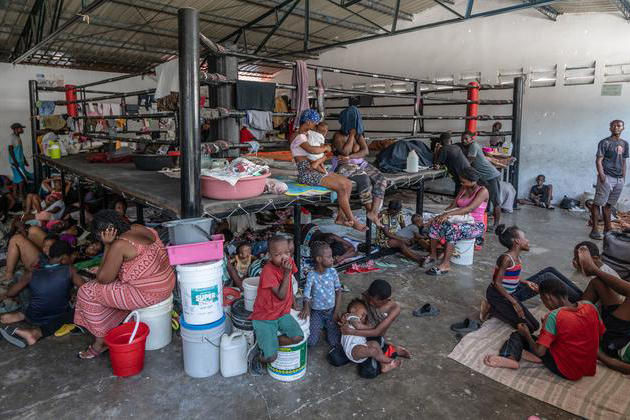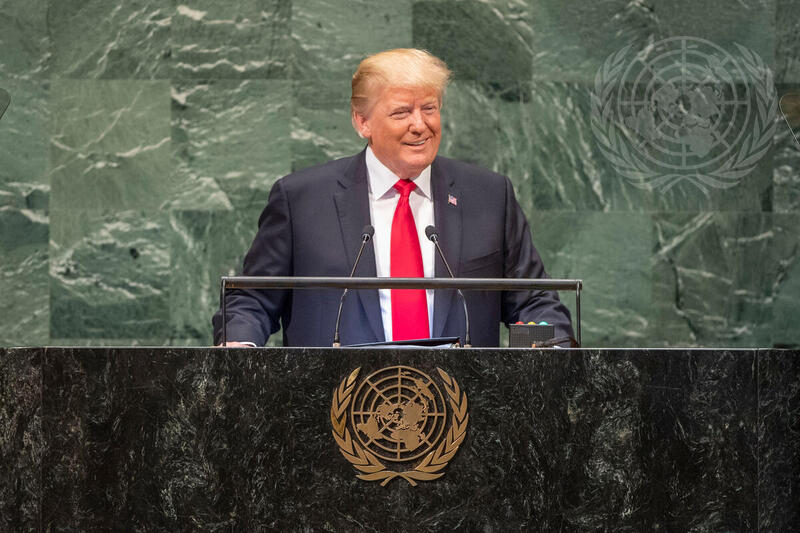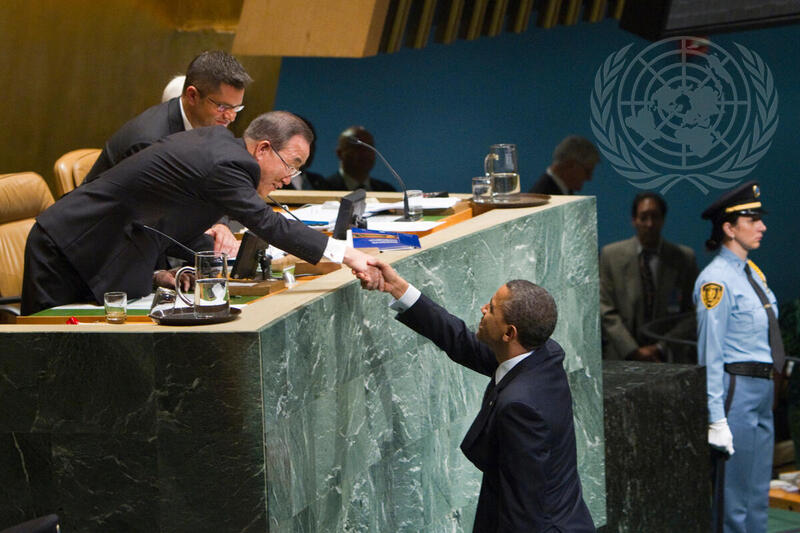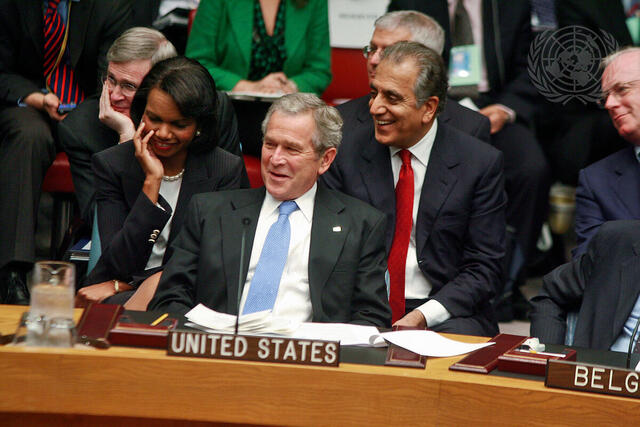About us
The United Nations Information Center in Washington, DC was one of the first of the “UNICs” -- a global network established soon after the United Nations was founded to ensure the public can access its work.
We continue to be a resource for schools, non-profit organizations and the U.S. government. We prioritize requests from the U.S. State Department, National Security Council and Congress to meet with senior officials who regularly brief the Security Council and others at UN Headquarters in New York, coordinating closely with the U.S. Mission to the United Nations.
We also assist those interested in United Nations’ work around the world, including the thousands of students and teachers who participate in Model UN clubs in the United States and more than 120 other nations.
UNIC-Washington is part of the United Nations Department of Global Communications led by Under-Secretary-General Melissa Fleming.
For more about UNIC Washington, watch our video here.
The UN system in Washington
A number of United Nations entities have offices in Washington. More information about them is available here.
The United Nations Information Center regularly convenes representatives of the United Nations offices in Washington to exchange information and help ensure an effective approach in the District of Columbia.
Latest News
Radio Continues to Reach Every Corner on This Year’s World Radio Day
13 February 2026. World Radio Day marks the creation of UN Radio in 1946—an initiative launched to explain the work of the United Nations to global audiences at a time when radio was the only medium capable of crossing borders at scale.
Haiti Faces Overlapping Crises as UN and International Partners Scale Up Support
December 9, 2025. Haiti is confronting a deepening, multilayered crisis—humanitarian, security and political—prompting renewed engagement from the international community. The United Nations Integrated Office in Haiti (BINUH) is coordinating much of that effort.
Marking Human Rights Challenges, Achievements
10 December 2025. The United Nations Association of the National Capital Area (UNA-NCA) held its annual Human Rights Awards Ceremony in Washington, DC, in observance of International Human Rights Day and the 77th anniversary of the Universal Declaration of Human Rights.
How I Got My Career in Foreign Policy: William Davis
10 December 2025. William Davis, Director of the United Nations Information Center (UNIC) in Washington, D.C., spoke with the Council on Foreign Relations about his professional journey in foreign policy.









